Capacitors are an important part of our everyday lives in many different ways. They are commonly found in electronics and other devices such as fluorescent lights and automobile ignition systems.
A capacitor tester is a device that is used to test the capacitance of electrical capacitors. It is also a type of electronic test equipment.
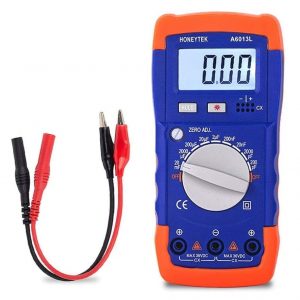 | 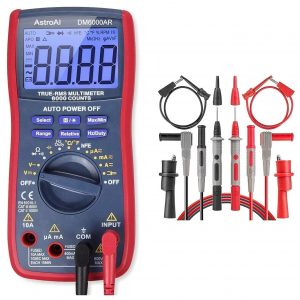 | 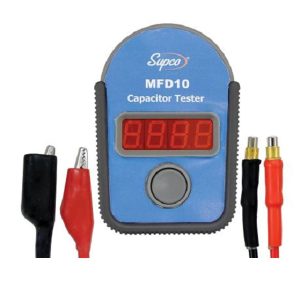 |
| Honeytek A6013L | AstroAI TRMS 6000 | Supco MFD10 |
|
|
|
A capacitor tester can be used to determine whether the capacitor has failed or if it has been damaged. The capacitance tester can also be used for quality control testing, which helps ensure that all products meet their specifications and are not defective in any way.
In this article, we will discuss the best capacitor testers. We will also provide some tips on how to use them. There are many different types of capacitors, and they have different characteristics that you need to consider when choosing one for a given project.
Honeytek A6013L Capacitor Tester – The Editor’s Choice
 Honeytek is committed to providing you with the best quality products that are constantly being improved by our experienced and innovative staff. Honeytek A6013L can test capacitors from 200pF to 20mF in 9 ranges. It has an LCD display with a backlight and auto discharge for capacitors below 1000V. The LSI circuit provides high reliability and durability of the product.
Honeytek is committed to providing you with the best quality products that are constantly being improved by our experienced and innovative staff. Honeytek A6013L can test capacitors from 200pF to 20mF in 9 ranges. It has an LCD display with a backlight and auto discharge for capacitors below 1000V. The LSI circuit provides high reliability and durability of the product.
This tester is designed for any electrical or electronic technician or hobbyist who needs an easy-to-use yet highly accurate tool for measuring capacitance.
Related Video: HoneyTek A6013L Capacitance Meter Unboxing and Quick Look
AstroAI TRMS 6000 – The Best Digital Multimeter for Capacitors Testing
 In a hurry? Don’t want to spend the time reading a manual and experimenting with your multimeter? The AstroAI TRMS 6000 Digital Multimeter is here to save the day.
In a hurry? Don’t want to spend the time reading a manual and experimenting with your multimeter? The AstroAI TRMS 6000 Digital Multimeter is here to save the day.
This heavy-duty, universally compatible, automatic overload circuit breaker multimeter has an auto-ranging function, DC voltage calibration button, and digit voltage display. Best of all, this multimeter includes 8 pieces of test leads!
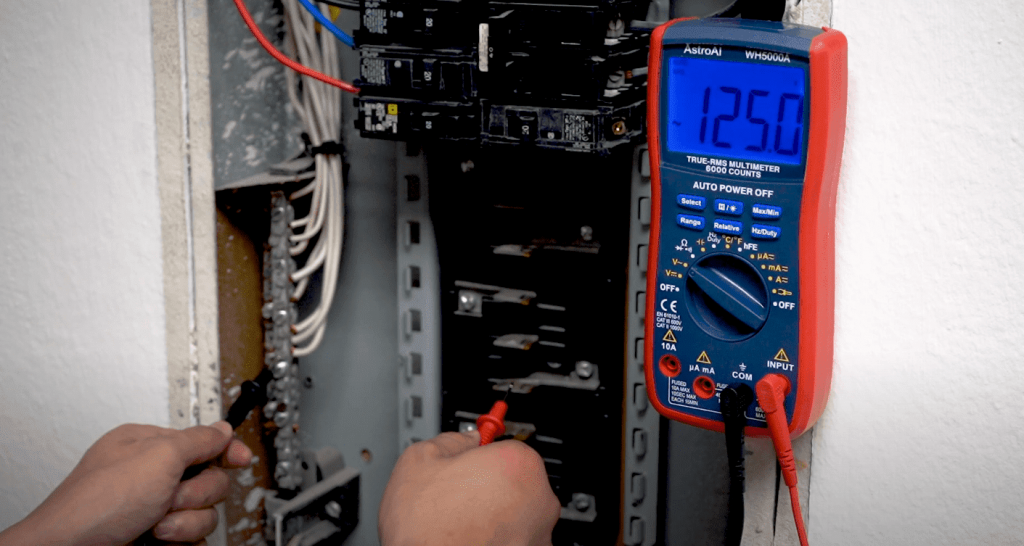
If you’re a professional or hobbyist looking for a digital multimeter to test capacitors, this is the perfect device for you.
Related Video: AstroAI Digital Multimeter TRMS 6000 Counts
Supco MFD10 Digital Capacitor Tester – The Best for Beginners
 This low-cost, high-quality digital capacitors tester with accurate voltage and capacitance readout is the perfect tool for entry and advanced professionals.
This low-cost, high-quality digital capacitors tester with accurate voltage and capacitance readout is the perfect tool for entry and advanced professionals.
This little gadget will save you time and money, and you can use it in many different situations. This pocket-sized tester gives you a capacitance value on start-up and runs capacitors from .01 to 10,000 MFD. It also can tell you if a capacitor is open or shorted. Consumer-grade, great for small shops and field service technicians.
Related Video: How to Test a Capacitor With a Supco MFD10
Hztyyier UA6013L Digital Capacitance Meter
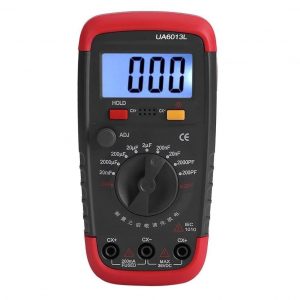 The Hztyyier UA6013L capacitance meter has a wide range of measurement capabilities and is best suited for use in laboratories and electronics shops. It offers high reliability, is easy to use, accurate, and can withstand tough conditions.
The Hztyyier UA6013L capacitance meter has a wide range of measurement capabilities and is best suited for use in laboratories and electronics shops. It offers high reliability, is easy to use, accurate, and can withstand tough conditions.
This compact meter exceeds the US and European standards for accuracy, resulting in greater reliability and cost savings – achieving the best of both worlds.
The UA6013L is a high-precision capacitance meter which achieves 200pF, 2000pF, 20nF, 200nF, 2uF, 20uF, 200uF (+/-0.5%+/-20 digits), 2000uF (+/-2.0%+/-20 digits), 2mF (+/-4.0%+/-20 digits) measurement capability.
Related Video: Hztyyier UA6013L Capacitance Meter Review
Pro’sKit MT-5110 Capacitance Tester
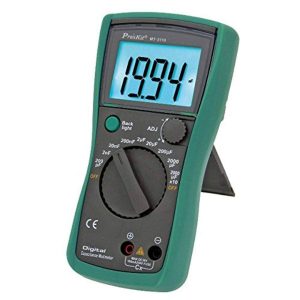 Pro’sKit MT-5110 is a professional measuring tool that’s suitable for various applications. It is also equipped with input overload protection, which protects the device from damage caused by too many inputs.
Pro’sKit MT-5110 is a professional measuring tool that’s suitable for various applications. It is also equipped with input overload protection, which protects the device from damage caused by too many inputs.
The MT-5110 Pro’sKit Pocket Capacitance Tester is the perfect tool for any professional, hobbyist, or do-it-yourselfer to measure capacitance accurately. The MT-5110 is a technologically advanced, easy-to-use, and accurate measuring instrument with the capacity to measure in a wide range of applications.
Related Video: Pro’sKit MT-5110 Review
Buyer’s Guide
Capacitors are an essential component in any electrical system. They are used to store and release energy. They can be found in many devices, such as motors, power supplies, and transformers.
A capacitor tester is a device that tests capacitors for their voltage and leakage current to make sure that they meet the necessary specification for use in a given device or system. It also makes sure that the capacitors have the necessary voltage rating for the device they will be used in.
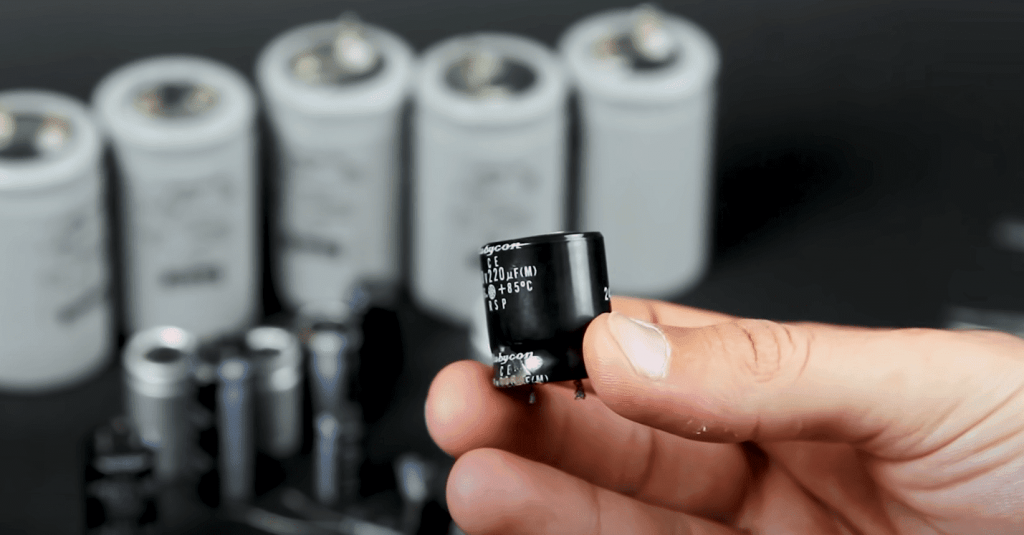
A capacitor tester is an essential tool for any technician or electrician. It is used to test the capacitors in a circuit, so they can quickly identify which capacitor needs replacing.
There are many different types of capacitors, and each type has a unique characteristic that needs to be tested. A capacitor tester is an important tool for any technician or electrician who wants to identify which type of capacitor they need in order to get the job done efficiently.
A capacitor tester will help you make sure that your equipment is working properly and efficiently. With a little practice and patience, you will learn how to select a capacitor tester.
What are the Different Ways to Test a Capacitor?
There are different ways to test a capacitor, each with its own advantages and disadvantages. Some of the common methods include using a multimeter, capacitor tester, and ESR meter.
- A multimeter is an essential piece of equipment for testing capacitors and measuring electrical resistance, voltage, current, power, and more. Testing capacitors with a multimeter is important because it provides the capacitors protection against overheating and electrical shorts.
- Capacitor testers are helpful when it comes to troubleshooting problems with capacitors in an electronic device or when you need to test them for performance or quality assurance purposes.
- An ESR meter is a device used to test the electrical resistance of capacitors. They are used in electronics and can be found in power or control systems. These devices are critical for ensuring that the capacitor is working properly and are safe to use.
What Factors Should You Consider Before Buying a Capacitor Tester?
Capacitor testers are used to check the performance of capacitors in electronic circuits. They are also used to determine whether the capacitors in a circuit are faulty.
Before you buy a capacitor tester, you must consider what factors to look for. The following are some of the factors that you should consider when buying a capacitor tester:
- Measurement range
- Cost
- Accuracy
- Durability
- Power consumption
- Size
- Ease of use
- Sensitivity
Let’s talk about each factor more detailed.
Measurement range
The measurement range is an important factor when choosing capacitor testers. A good capacitor tester should have a wide range of measurements. This way, you can test capacitors that are not only large but also small.
Cost
The cost of a capacitor tester can vary greatly depending upon what type of testing you need to do. There are many different types of capacitors that require different tests. A capacitor tester should have the ability to test any capacitor regardless of its size. Capacitor testers are used to measure the amount of voltage stored in a capacitor. This is done by measuring the current flow through the capacitor. If the capacitor has been charged correctly, then the current flowing through the capacitor will be high. In order to determine if the capacitor is good or bad, the tester needs to measure the current flow.
Capacitor tester prices range from $10 to over $100. Some capacitor testers are designed to test only specific types of capacitors, while others can test almost any capacitor.
Accuracy
Capacitance measurement accuracy is also important to consider when selecting a capacitor tester. The accuracy of a capacitor tester determines how close the actual value of the capacitor is to its measured value. High-accuracy capacitor testers measure capacitance values to within 0.01% of their actual value. Low-accuracy capacitor testers may not provide accurate measurements. You need to know what accuracy your capacitor needs before purchasing a capacitor tester.
Durability
When selecting a capacitor tester, durability should be one of your first considerations. A good capacitor tester should have a long life span, meaning that it can withstand high amounts of stress without breaking down. This is especially true if you are going to use this device for testing capacitors in electronics. If you plan on using this device to test capacitors in other applications, then you may want to consider a different model. With the increasing demand for electronics, capacitors must be tested regularly to ensure they are functioning properly.
Power consumption
The power consumption of a capacitor tester should be considered before purchasing one. Capacitor testers are used to test capacitors that have been installed in electronic devices. If you want to save electricity, consider buying a capacitor tester that has low power consumption.
Size
Another thing to consider when selecting a capacitor tester is size. Smaller capacitor testers are easier to carry around and store. However, they do not offer enough space for large capacitors. Larger capacitor testers are better suited for larger capacitors.
Ease of use
The thing that comes to mind when we think about capacitors is how easy they are to use. A good capacitor tester should have simple controls and features. You want something that is intuitive and easy to operate.
Sensitivity
When testing capacitors, the sensitivity of the capacitor tester is very important. Sensitivity refers to how sensitive the meter is to changes in the input voltage. The lower the number, the less sensitive the meter is. A high number means the meter is very sensitive to small changes in the voltage.
FAQ
What instrument is highly recommended for testing capacitors?
By using a circuit tester, capacitor tester, or digital multimeter, you can test the integrity of capacitors to make sure they work properly. Capacitors are used in electronics and appliances such as computers, TVs, refrigerators, etc., and should be tested regularly by professionals.
Which is better: a capacitor tester or a budget multimeter?
The capacitor tester and the multimeter are both tools used to check a capacitor’s health. The capacitor tester is mainly used to test capacitors and various electronic components, whereas the multimeter is typically used for measuring voltage, current, resistance, and more.
A capacitor tester is a good choice if you want to test capacitors that are used in electronic circuits. This device has a large display screen that allows you to view the voltage across the capacitor at any time. You can use this tool to determine whether or not your circuit is functioning properly.
A budget multimeter is a great option if you need to measure voltages and currents in electronics. This type of meter is inexpensive and easy to use. However, it does not have a large display screen like a capacitor tester.
Which is better: a capacitor tester or a Fluke multimeter?
A capacitor tester is a tool that can get the job done; this is why it is a better choice for certain electrical repairs. But if you’re looking for something more precise and accurate, a Fluke multimeter might be best.
What is the best way to test a capacitor?
To test a capacitor, you can use a multimeter to measure the voltage across it. If the voltage is equal to or greater than a specific number, it has passed your test.
Can you test a capacitor with a voltmeter?
Yes, if you want to measure the amount of charge stored in a capacitor, you could do this by measuring the voltage across the capacitor. However, this doesn’t tell you anything about how much energy was actually stored.
How do you tell if a capacitor is bad with a multimeter?
It is easy to tell if a capacitor is bad with a multimeter by observing the resistance of the capacitor. If the capacitor does not retain that voltage, it may be time to invest in a new capacitor.
Should capacitors have continuity?
Capacitors do not need to have continuity between them. If they were connected together, the current would flow continuously from one plate to the other, causing a short circuit. A capacitor does not require continuity because it has no internal wiring.
How can you tell if a capacitor is bad?
- If your capacitor has been sitting around for a while, it may have lost some of its charges. This means that it’s time to replace it.
- If your capacitor has a lot of dust inside it, this could mean that it’s not working properly.
- If your capacitor has cracks in it, then it might need to be replaced.
- If your capacitor doesn’t hold a charge anymore, then it needs to be replaced.
- If your capacitor isn’t holding any charge at all, then it should probably be replaced.
- If your capacitor is making weird noises, then it might need replacing.
How can you tell if a capacitor is leaking?
A leaky capacitor will affect the voltage measurement due to changes in current flow.
What causes a capacitor to burn up?
When there is an imbalance of charge between the plates, the capacitor becomes charged, and then the voltage is generated within the capacitor. The output of this voltage can be used to power circuits such as LEDs or motors. However, if too much current flows through the circuit that it was powering, the capacitor will be destroyed.
Can a Fluke 77 measure capacitance?
Yes, the Fluke 77 multimeter is able to measure capacitance. This device is a digital multimeter with advanced features that allow it to measure capacitance as well as other electrical properties such as resistance, voltage, and current. The Fluke 77 can measure capacitance up to 10,000 microfarads (µF), with an accuracy of ±1%. It also has a low-pass filter for measuring AC capacitance which helps reduce noise interference.
To use the Fluke 77 to measure capacitance, you will need to select the “Capacitance” setting on the device and then connect your test leads to the component or circuit you are testing. Once connected, press the “Measure” button and wait for the reading. The display will show you the measured value in microfarads (µF). Additionally, if you need more precise measurements, you can set the device’s resolution to 4 digits instead of 3.
Useful Video: 3 Ways to Check Capacitors in Circuit with Meters & Testers
Conclusion
A capacitor tester can be bought at different prices depending on the features. A cheap capacitor tester will have a limited range of measurement capability, while a more expensive one will have a wider range of measurement capability. There are also some features that you should consider when buying a capacitor tester, like accuracy, durability, size, and weight.
In conclusion, the best capacitor tester is the one that can test capacitors quickly and accurately without damaging them. The device should also be able to detect the voltage and current of a capacitor in order to identify it.
I hope you found this article helpful. If you did, I would love to hear your feedback. Please leave a comment below or send an email to me.
More useful articles about capacitors:

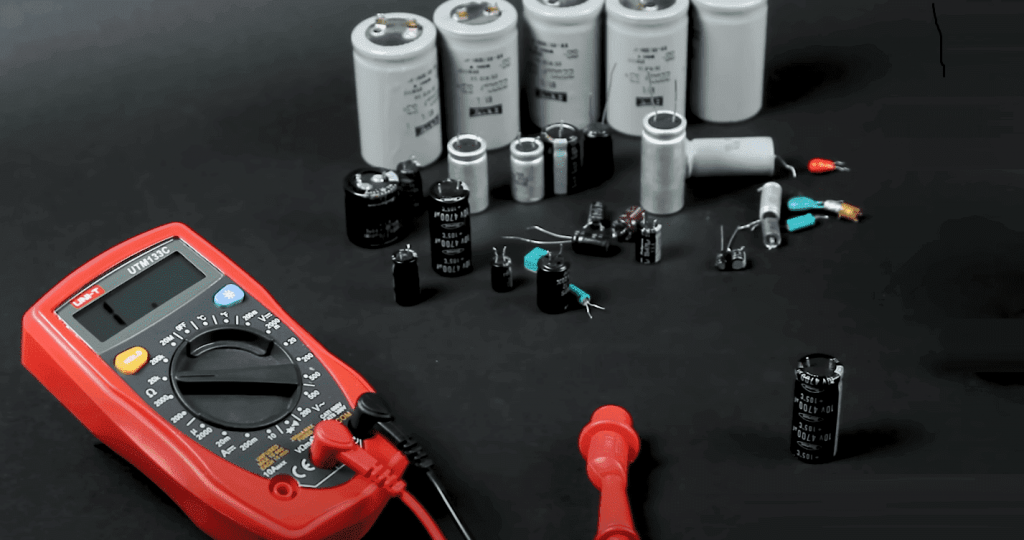
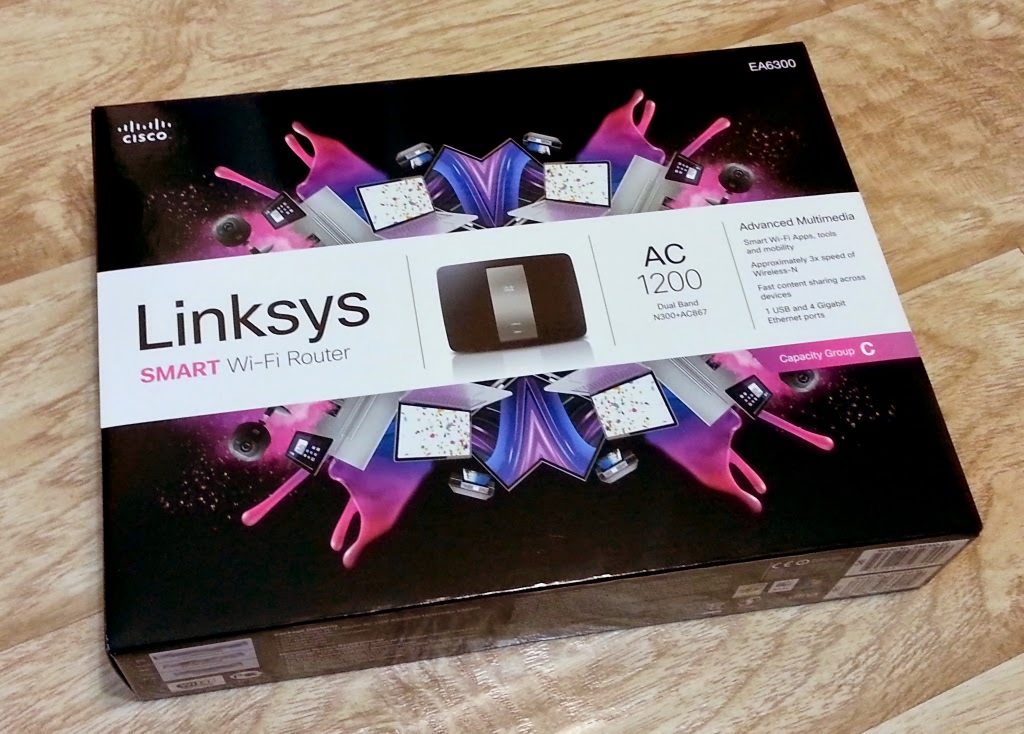
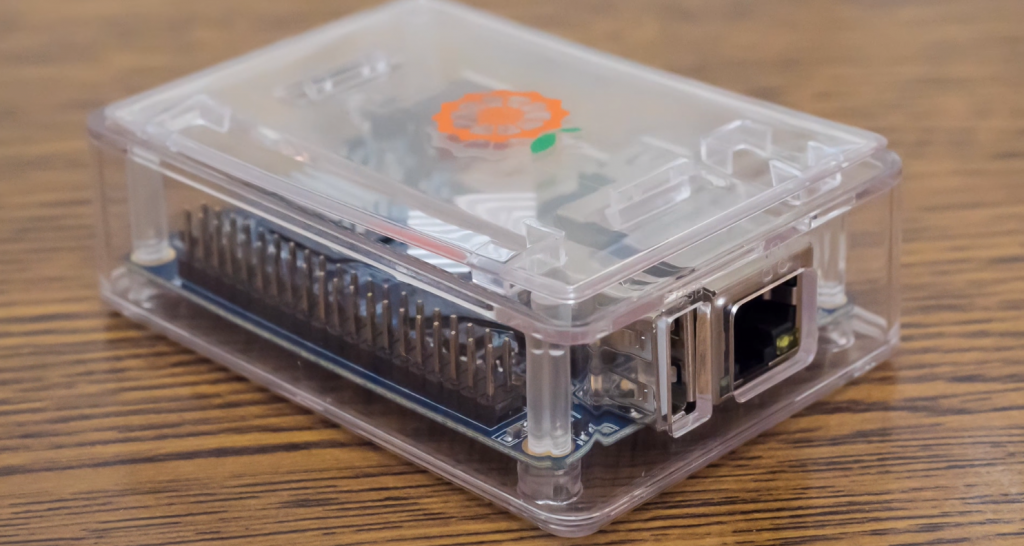
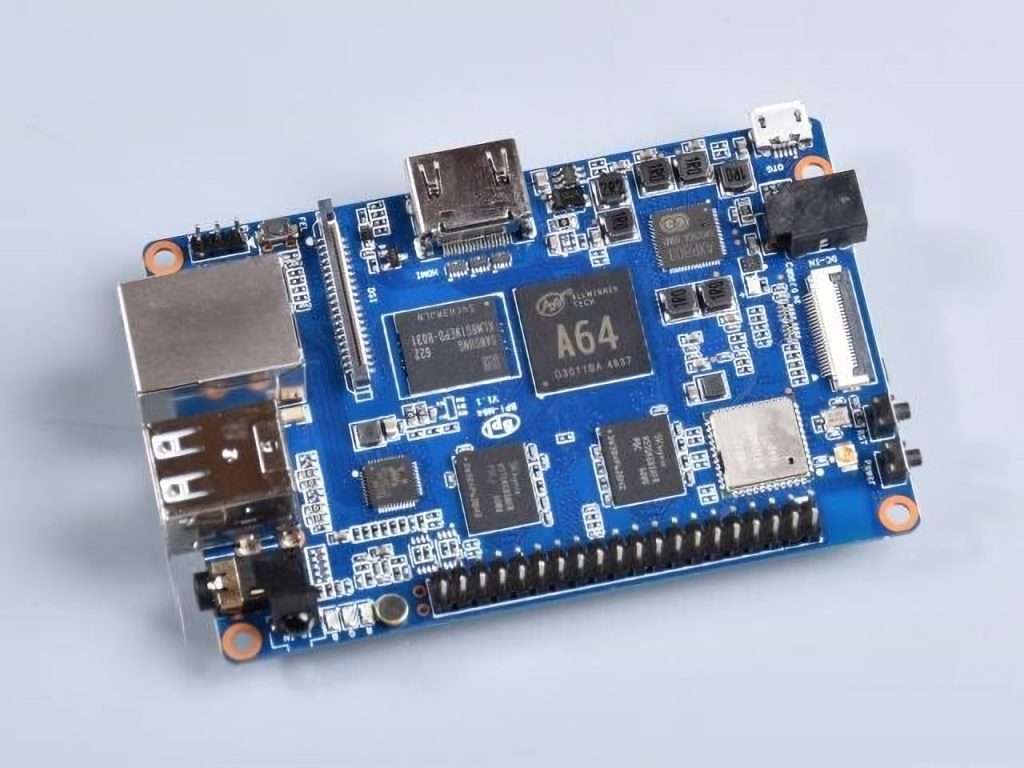
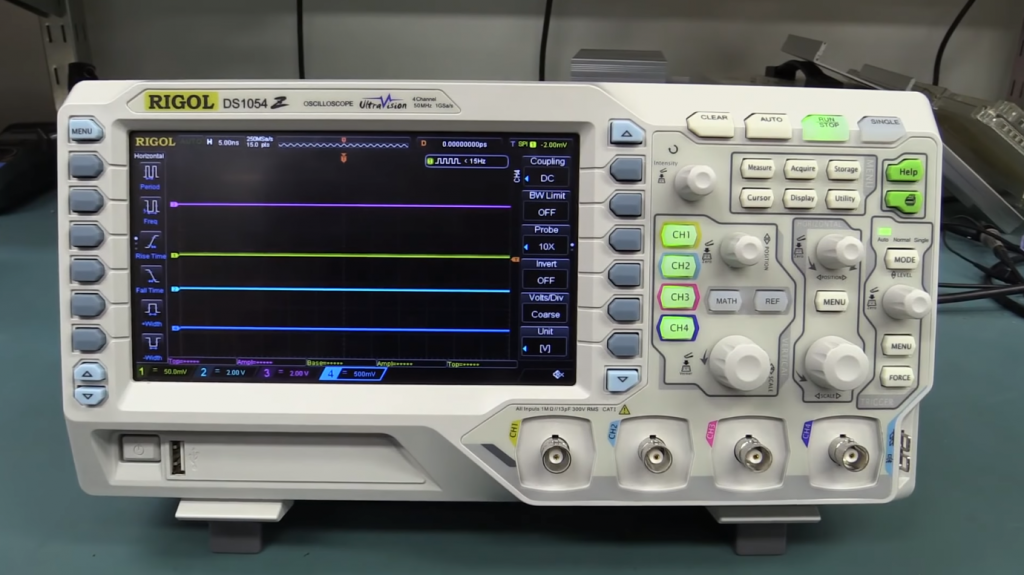
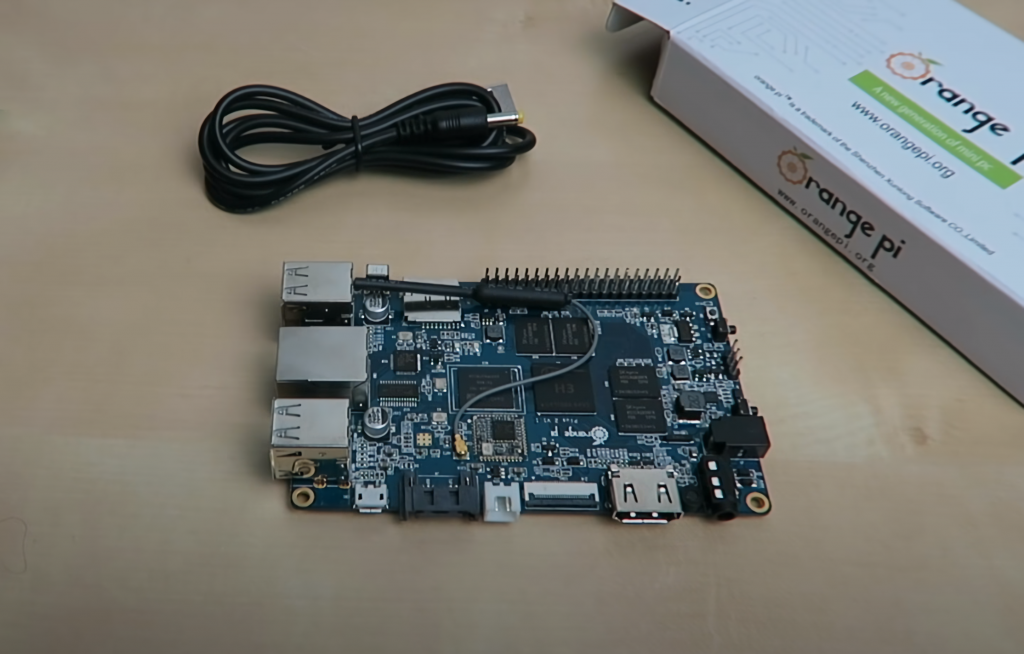
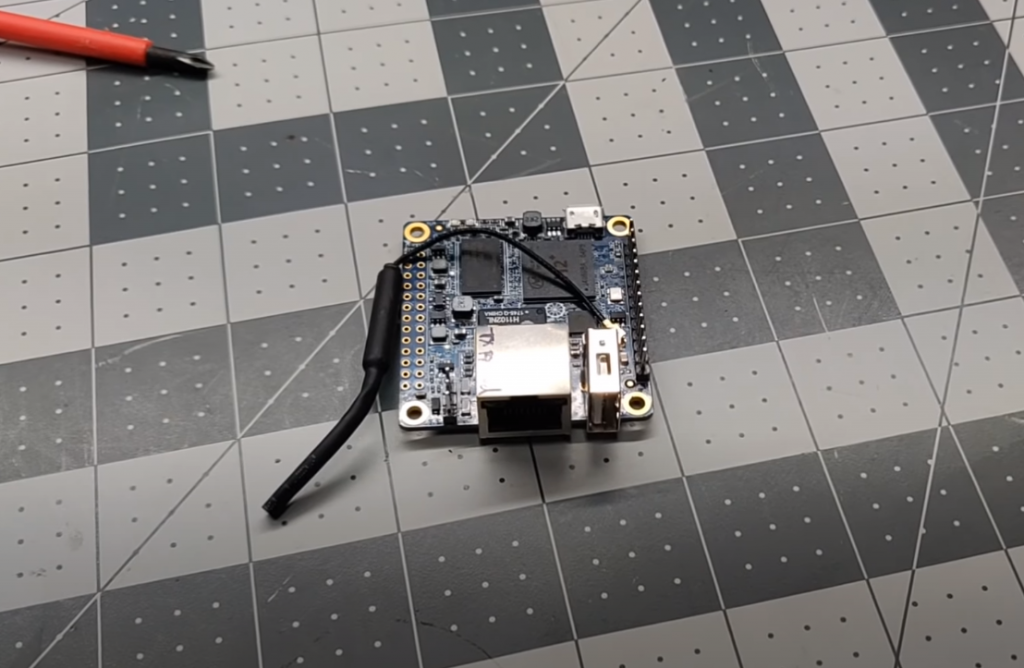
In my opinion, a capacitor tester is an essential tool for any electronics hobbyist or technician. A multimeter with capacitor tester functionality can be very useful, but in my opinion, a dedicated capacitor tester is worth the investment.
A capacitor tester can be used to test capacitors of all sizes and types, including electrolytic capacitors. They are typically used to check for shorts, leaks, or other defects. A good quality capacitor tester will have features such as auto-ranging and fault detection.
Multimeters are versatile tools that can be used for a variety of tasks, including testing capacitors. However, in my opinion, a multimeter is not as accurate or as easy to use as a dedicated capacitor tester. If you are serious about testing capacitors, I would recommend investing in a dedicated capacitor tester.
I was always interested in electronics, so when I saw a capacitor meter for sale, I knew I had to have it. It was a bit expensive, but I figured it would be worth the investment. Plus, I could always use it to help me with my other hobbies.
I was not disappointed. The capacitor meter was easy to use and helped me test different electronic components with ease. It was a great investment and has saved me a lot of time and money.
Thanks for sharing, John!
As a technician, I’m always on the lookout for tools that make my job easier – and the capacitor tester definitely does just that. This user-friendly device is the perfect way to test capacitors quickly and accurately, providing clear results in a fraction of the time it would take me to do it manually.
I’ve been using this tool for about six months now and I’m incredibly pleased with its performance. It’s reliable, easy to use, and extremely portable – allowing me to take it with me on jobsites when needed. The intuitive LCD display also makes it easy to read test results at a glance without having to squint or look closely.
Overall, I’d highly recommend this capacitor tester as an essential tool for any technician looking for fast and efficient solution for testing capacitors.